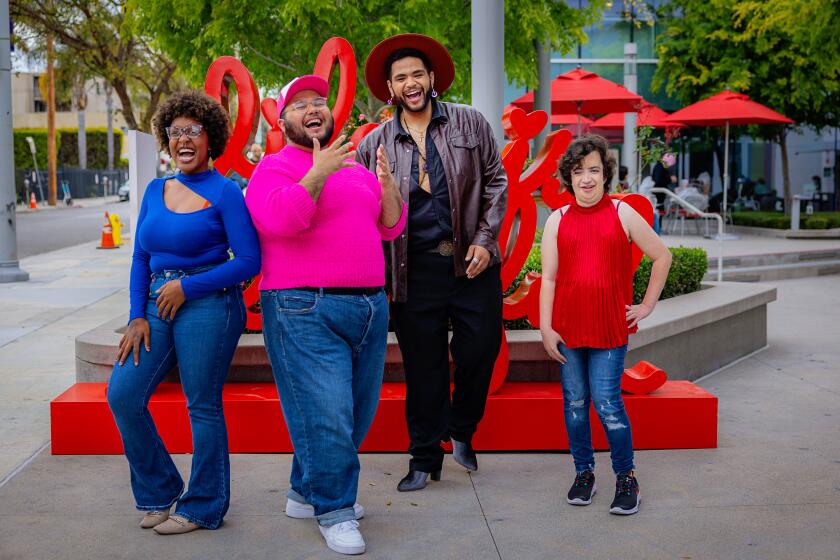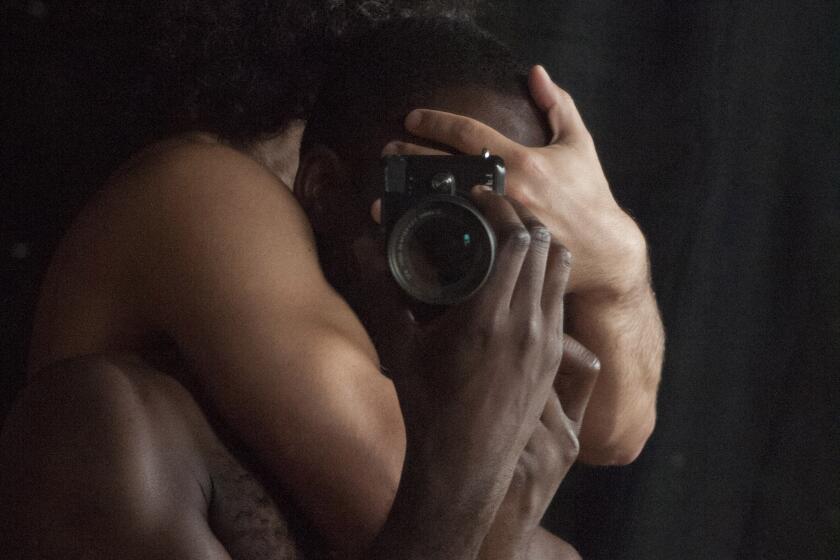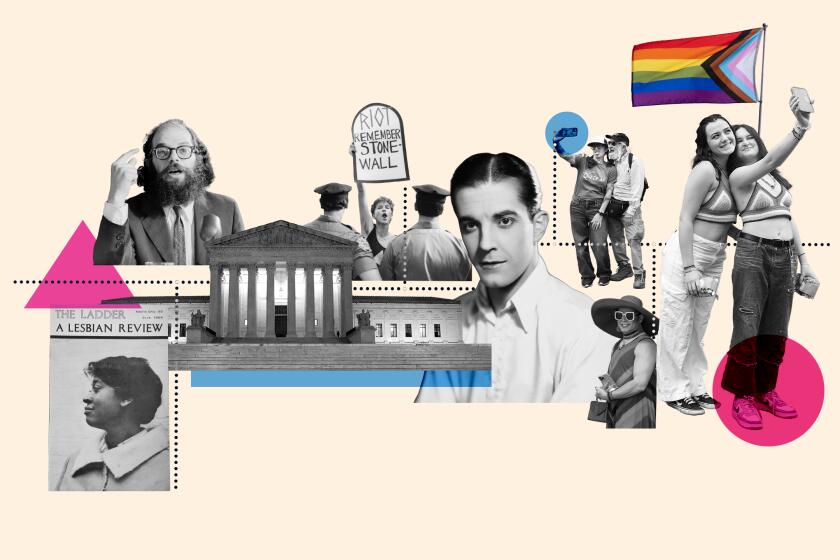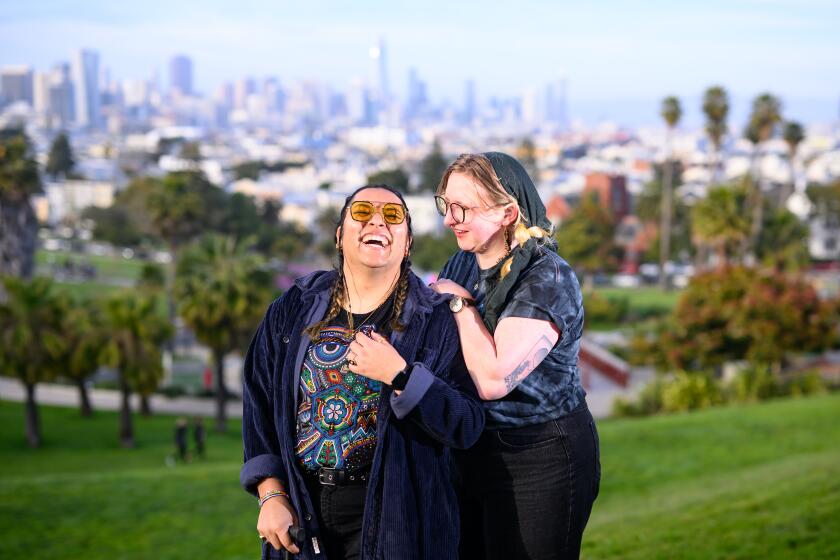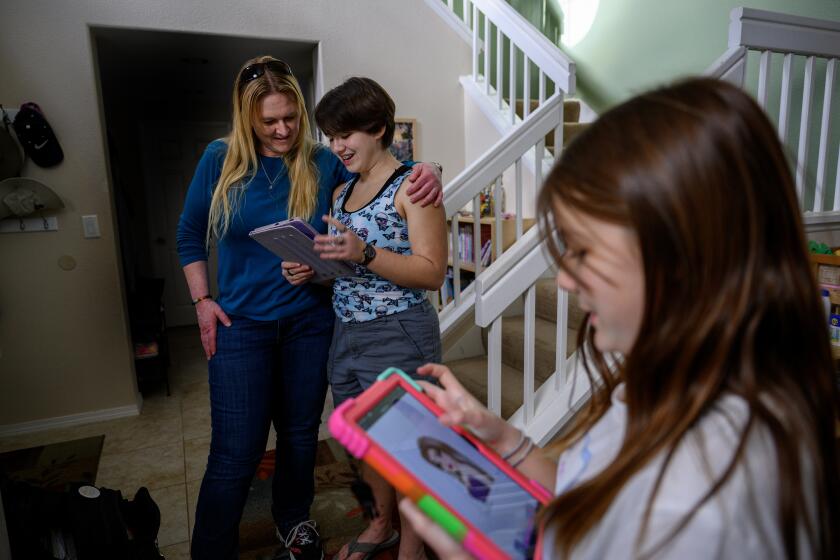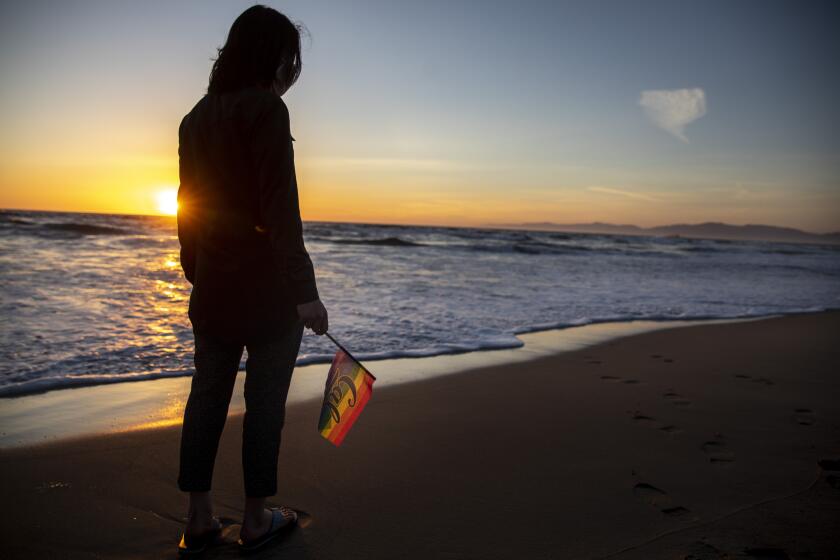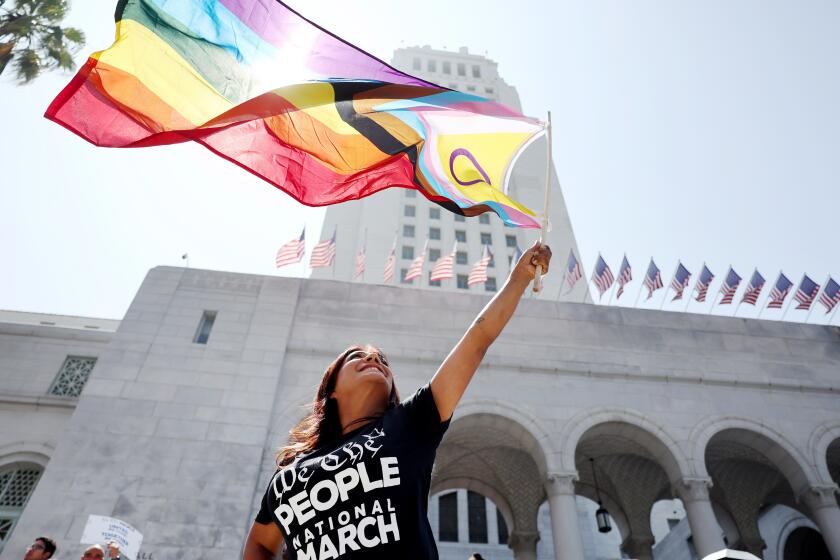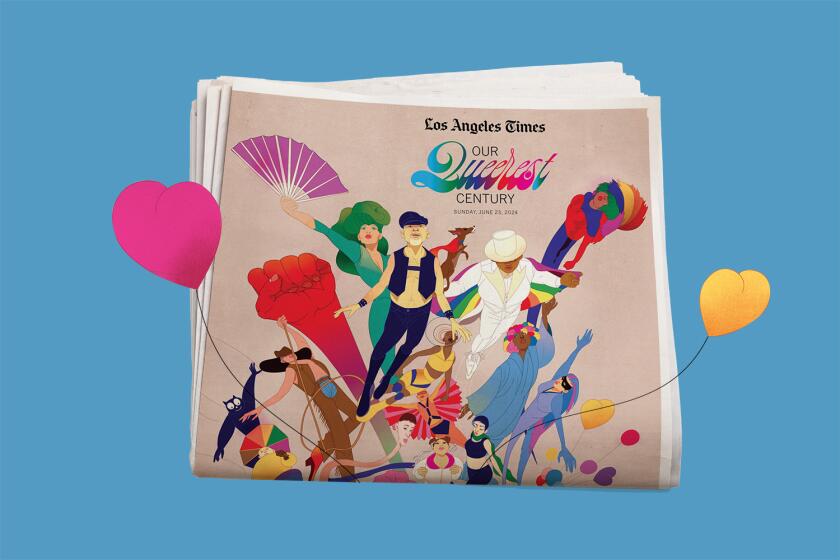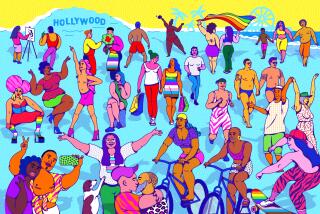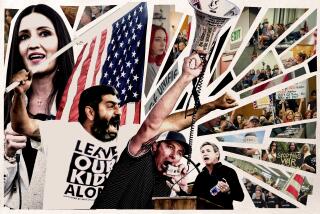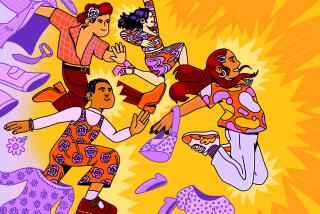- Share via
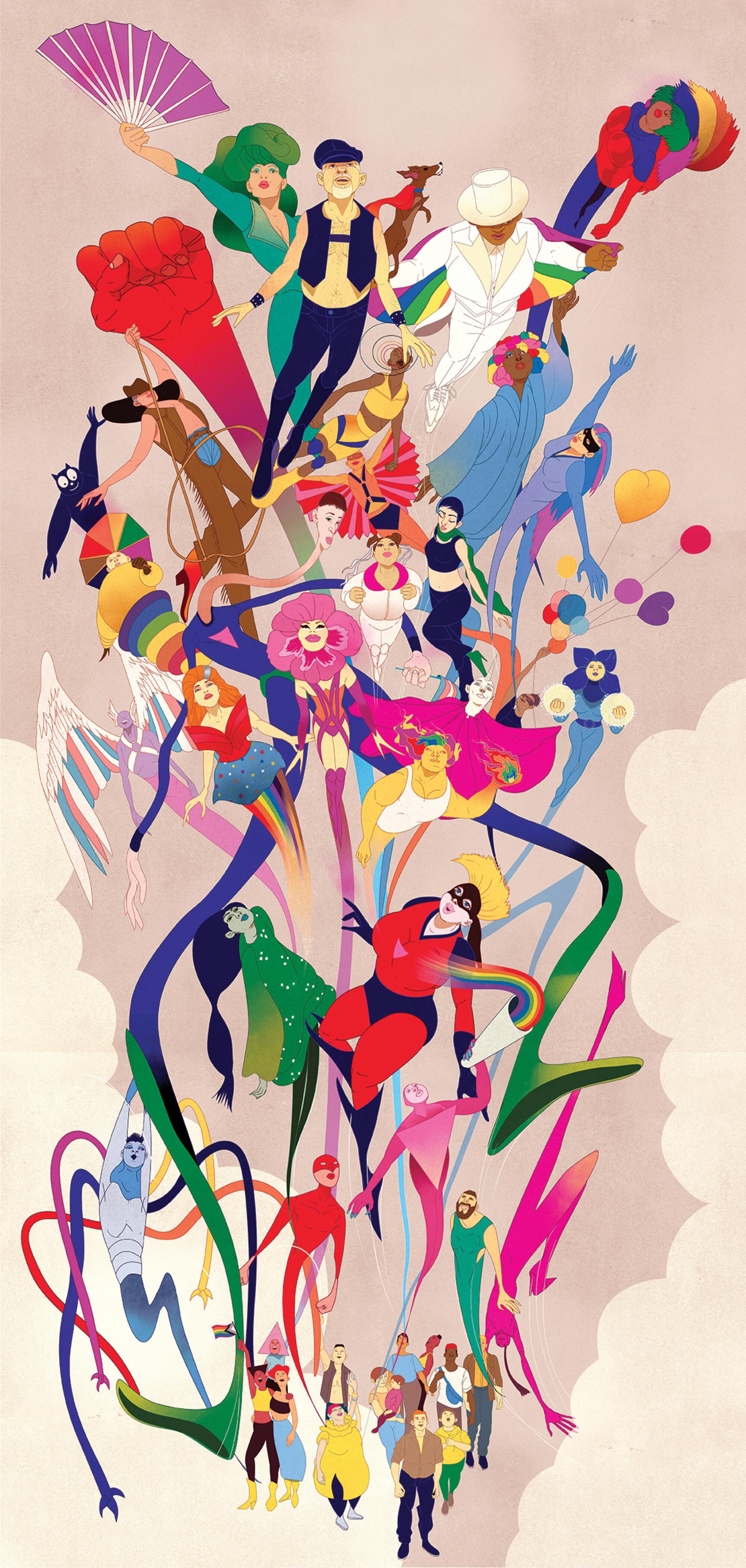
LGBTQ+ people have made tremendous contributions to this country. They cannot be erased.

In 1924, a Chicago postal worker named Henry Gerber founded the first gay rights organization in the United States. It lasted less than a year. He was arrested on trumped up charges and lost everything.
But the movement Gerber and the Society for Human Rights helped spur led to a century of progress that he never could have imagined and backlash that would have been much more familiar.
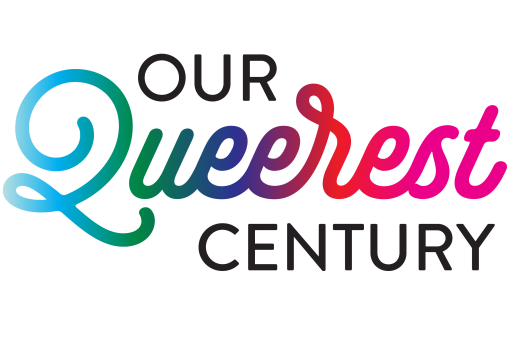
With queer lives and culture under threat, Our Queerest Century highlights the contributions of LGBTQ+ people since the 1924 founding of the nation’s first gay rights organization. Order a copy of the series in print.
Our Queerest Century explores these 100 years of history and exceptional contributions by LGBTQ+ people through six personal essays by queer writers and a groundbreaking poll gauging the views of adults in California and throughout the country.
The project is the work of dozens of queer and allied journalists and artists from throughout The Times newsroom and beyond.
The essays consider the influence of queer people in the arts and entertainment, law and democracy, their heroism in the fight against AIDS. They speak to the lives of young LGBTQ+ Californians and their hopes for the future.
The poll helps explain why rights for gay men and lesbians have expanded and why transgender and nonbinary people still face serious discrimination — even in California, home to the largest LGBTQ+ population in the U.S. and a major battleground in the fight for queer rights.
In many ways, queer history is California history. And as the largest news organization in California, the Los Angeles Times is uniquely positioned to tell this story.
To bring you Our Queerest Century.
— Maria L. La Ganga, deputy managing editor, California and Metro

Americans of all stripes say LGBTQ+ loved ones have positively influenced their lives, and that community solidarity and queer triumphs of the past provide hope at a difficult time politically.
LGBTQ+ people have helped define America. Our contributions to the nation’s cultural identity are indelible. We cannot be erased.
People who exist at the nexus of multiple movements for liberation are the ones who drive us forward, treating the struggle for equality with urgency.
LGBTQ+ representation in film and TV is essential. But the way we’ve come to define, discuss and quantify it leaves out too much of the queer contribution to culture.
Our next generation of LGBTQ+ leaders and thinkers is creating a present in which queer identity is fluid and evolving. They demand a future of radical acceptance.
Our columnist honors the heroes of the AIDS epidemic and the role their legacy has played in his own life.
The future is queerer than ever, with young people identifying as LGBTQ+ more than before. Six queer Gen Z folks share their hopes for the future.
By capturing their own lives, LGBTQ+ visual artists have encouraged us all to reconsider the rigid ways in which we view the world and what is possible.
Over the past 100 years, LGBTQ+ Americans have forged a path through history. Here are some highlights.


American support for LGBTQ+ people has surged since 1985, but support for transgender and nonbinary people lags, according to a new poll for The Times.
Americans want kids to learn LGBTQ+ history. But they are split on how they would feel if their own child were transgender, a new poll for the Times finds.
A large majority of Americans says that LGBTQ+ people should be allowed to live as they choose; the minority that disagrees is largely defined by politics and religion.
California was once at the forefront of support for LGBTQ+ people. A new poll finds that views in California now match those of Americans across the nation.

Find all our essays, illustrations, poll stories and more in a single keepsake print edition.
More to Read
About this project
Design Lead: Patrick Hruby
Poll Lead: David Lauter
Essays: Matt Brennan, Jaclyn Cosgrove, LZ Granderson, Eva Recinos, Kevin Rector, Erika Smith
Poll analysis: Hailey Branson-Potts, Matt Hamilton, Jaweed Kaleem, Kevin Rector
Design: Jim Cooke, Allison Hong, Patrick Hruby, Taylor Le, Ross May
Graphics: Gabrielle LaMarr LeMee, David Lauter, Hanna Sender
Illustrations: Rachelle Baker, Sofie Birkin, Marcos Chin, Roche Cruchon, Michael Hoeweler, Veronica Johnson, Ross May
Photography: Archival, Jason Armond, Josh Edelson, Gina Ferazzi, Robert Gauthier, Tracie Van Auken
Video: Albert Lee
Editing: Maria La Ganga, David Lauter, Kevin Rector, Alice Short
Copy Editing: Jim Buzinski, Anne Elizabeth Dillon, Ruthanne Salido
Photo editing: Carolyn Cole, Marc Martin
Research: Cary Schneider, Scott Wilson
Community/Platform/Social: Beto Alvarez, Anh Do, Becca Dorman, Bryn Jura, Defne Karabatur, Thomas Suh Lauder, Samantha Melbourneweaver, Mary Kate Metivier, Kelcie Pegher, Jevon Phillips, Kelcie Rodriguez, Lora Victorio, David Viramontes
Partners: The California Endowment, NORC at the University of Chicago, One Institute
Sign up for Essential California
The most important California stories and recommendations in your inbox every morning.
You may occasionally receive promotional content from the Los Angeles Times.







